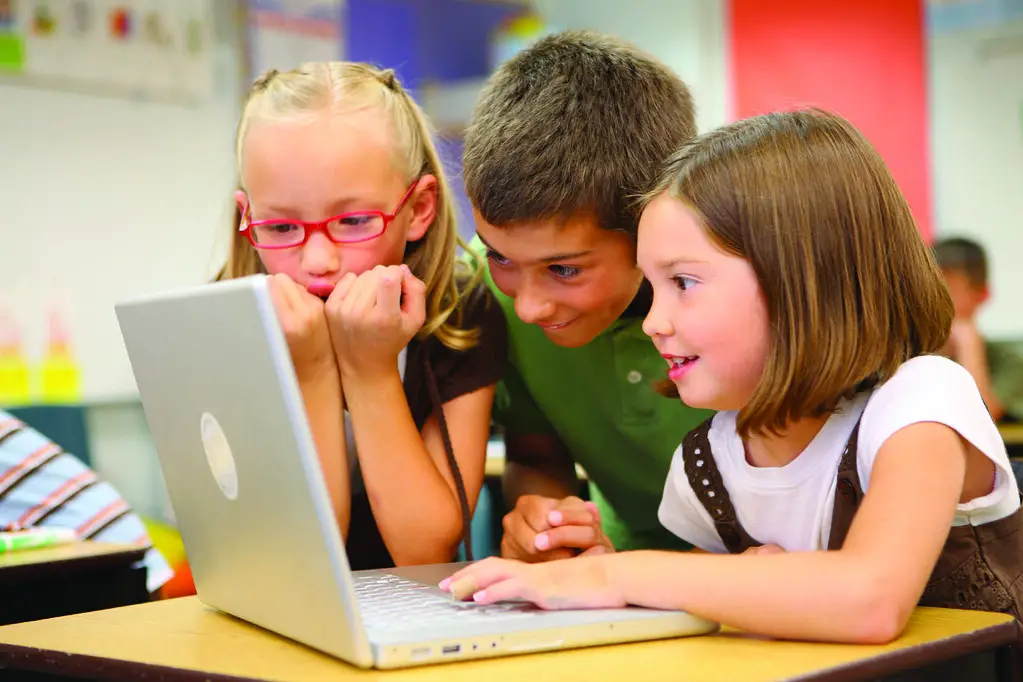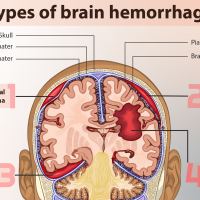With a majority of the world under lock-down and physical schools closed, teachers and students from various countries and continents are plunging into the digital age. Many schools have shifted into online learning, allowing for asynchronous learning to happen for students across different locations and time zones. However, from a scientific standpoint, how does online learning measure up to physical learning?
Is Online Learning Better or Worse than Physical Class?
Scientific Study Overview
In a first-of-its kind study conducted by Cornell University, 300 students in Russia were tracked. Currently, top universities in Russia have standardized online classes, which schools with lower resources can use for online learning. The online classes were focused in STEM fields: science, technology, engineering and math. In the study, researchers randomly selected students in Russia, and split them into three groups. One group would take the online course, the second group would take the in-person class offered by their local university, and the third group would take a blended class of comprised of both online and physical learning.

Cost of Courses
The Russian online courses are much cheaper compared to a physical course taught in a brick-and-mortar school for educational institutions. Furthermore, blended classes that incorporated a combination of both online and physical learning also had a cost reduction, though at a smaller rate of an approximately 20% decrease.
Study Results
The researchers found that final exam scores between students from the three types of course did not differ significantly. However, one noticeable difference between the online, physical and blended courses was student satisfaction. Students who had taken the online course were generally less satisfied with their learning experience compared to the students in physical and blended courses.

Online Learning vs Physical Class: So What?
These study results suggest that online learning may be a viable alternative to brick-and-mortar schooling moving into the future. In fact, other than Russia, there are already other countries such as China and India that have introduced national online educational platforms for other institutions to integrate into their curriculum. With online courses, students have more flexibility with their schedules, as they are able to take the class anytime, anywhere. However, the lower student satisfaction towards online courses suggests that this alternative does have its flaws. In addition, the need for internet that may not be present in communities of lower socioeconomic levels does create a barrier to online learning becoming a widespread and accessible form of education. In the future, there may need to be further investigation on what makes learning enjoyable for students during online learning. After all, learning should not only be a purely results-oriented experience, but also one that is emotionally rewarding and enjoyable.

Works Cited
Cornell University. “STEM students learn as well online as in classrooms.” ScienceDaily. ScienceDaily, 8 April 2020. www.sciencedaily.com/releases/2020/04/200408184726.htm.
Igor Chirikov, Tatiana Semenova, Natalia Maloshonok, Eric Bettinger, René F. Kizilcec. Online education platforms scale college STEM instruction with equivalent learning outcomes at lower cost. Science Advances, 2020; 6 (15): eaay5324 DOI: 10.1126/sciadv.aay5324
© Copyright 2020 Moosmosis – All rights reserved
All rights reserved. This essay or any portion thereof
may not be reproduced or used in any manner whatsoever
without the express written permission of the publisher.

Please Like our Facebook page to support! 🙂
Categories: education














I’m doing my masters online.. I hate it. I prefer to be in a classroom.
LikeLiked by 1 person
Great article!!
LikeLiked by 1 person
Very interesting!
LikeLiked by 1 person
Fascinating! As someone who previously had a long commute to university, I thought I would prefer the convenience of online classes. Having done several online classes over the past few weeks, I find that I very much miss the human interaction! But as noted in your post, there are definitely significant advantages to online classes too. Thanks for sharing!
LikeLiked by 2 people
Nice post. Here in Florence, we were particularly damaged by covid; a city that was full of tourists emptied in a week. The foreign students have disappeared and – as teachers of Italian for foreigners we have thrown ourselves online, as instructors but also as students – teaching and learning, teaching and learning. But of course, especially if you want to learn a foreign language, you have to be IN the place where the language is speaking, phisically ..!
LikeLike
A very insightful article. Here in Ghana, the transition from physical classroom to online hasn’t been that effective. I think it would take some time and more effort for us to get there, nternet connectivity being a major stumbling block.
But I think satisfaction of students could also depend, to an extent, on their personality. Some people are better off with the physical interaction whereas others would prefer to stay away from every but remain connected.
For me a blend will be a great idea. I love learning online. But physical interaction once in a while makes me feel more connected.
Nice piece.
LikeLiked by 1 person